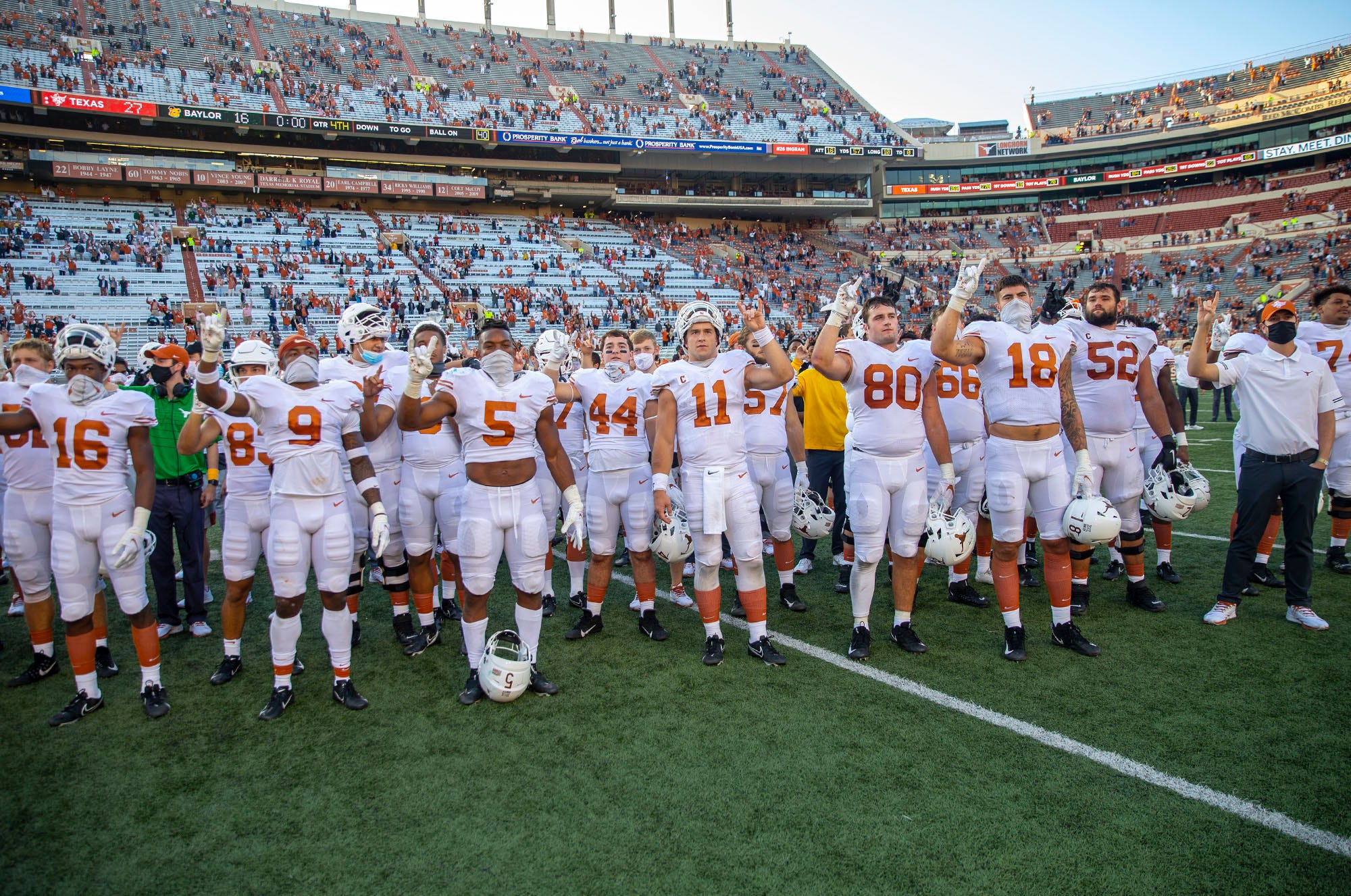It’s a no-foolin’ problem when big donors think their money buys them decision-making power.
UTw has a history of allowing that, and it looks like that culture has only gotten worse.
Money buys access at any school. But at Alabama, so far, that’s all it buys. The seven-figure level of donation is certainly beyond the Basket Case household’s wherewithal. But I’ve known a few who did make that kind of commitment.
They got invited to parties, special events, and had access to senior athletic and academic administration officials. If you donate enough (like the Hewsons), you might get to ride on the university plane with Greg Byrne, and eat dinner with Dr. Bell. You could obviously use those opportunities to present your point of view on various topics, and they will listen.
But regarding real decision-making on substantive issues, the instant you say, or even imply, “If you don’t do as I say, I’ll withdraw my donation,” you won’t have time to do that. They’ll give you your money back.
Part of the reason Saban didn’t go to UTw a few years ago was this exact thing....a cultural issue that is just jaw-droppingly short-sighted on UTw’s part.
Put yourself in Greg Byrne’s and Dr. Bell’s positions. Suppose a rich guy commits to give $5 million, and because of that gets access to Saban. He tells Saban he should hire XYZ guy to coach the defense. If he doesn’t, well, the commitment can always be rescinded. Saban is hacked about the interference, especially because this isn’t the first time a rich moron has tried to strong-arm him.
Would Byrne and Bell rather lose the donation, or lose Saban? That no-brainer decision wouldn’t change if the money involved were $50 million, or even $100 million.
On the academic side, ask Hugh Culverhouse, Jr. how that works. He donated $25 million to the law school. They even changed the name of the school to the Hugh Culverhouse School of Law.
Almost before the check cleared, he started injecting himself into structuring the curriculum, hiring decisions on professors, academic administration, etc. Not just to give his opinion, but he thought he should be the final decision-maker. UA Admin and the BoT pushed back. Culverhouse responded with extremely disparaging public statements that got national media attention about the university making all those decisions based on right-wing evangelical beliefs.
He knew he was lying, but continued, honestly believing that his money gave him that much power.
The University said, in effect, “Your money’s too expensive. Keep it,” and refunded his $25 million. That morning, I drove past the law school, and they were already taking down the letters on the entranceway.
I’m not naive enough to think money has no influence at UA. It certainly does. But there’s a limit, and UTw doesn’t seem to appreciate the long-term benefits of that.















